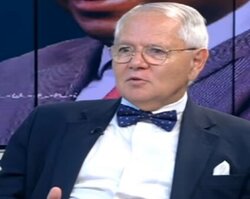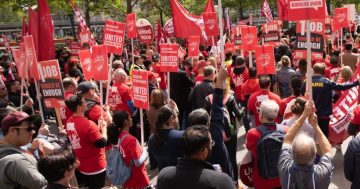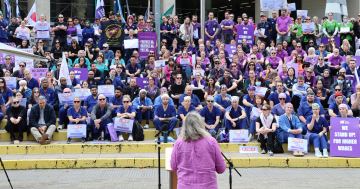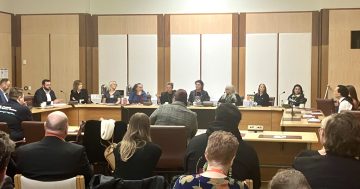 As South African unions geared up for the first all-out public sector strike in a decade, an expert in industrial relations said it was inevitable that workers would have to accept a settlement below their key demands.
As South African unions geared up for the first all-out public sector strike in a decade, an expert in industrial relations said it was inevitable that workers would have to accept a settlement below their key demands.
University of the Witwatersrand Business School Professor, Jannie Rossouw said the Government could not give in to union demands without serious damage to the national economy.
Despite this warning more unions appeared ready to join the stoppage after the Public Service Coordinating Bargaining Council (PSCBC) was given certificates of non-resolution in the deadlocked negotiations.
Certificates of non-resolution pave the way for the unions to serve the Government with notice of a strike within a week if the deadlock remains.
The National Education, Health and Allied Workers’ Union, the Democratic Nursing Organisation of South Africa, the Police, Prisons and Civil Rights Union, and the Health and Other Personnel Services Trade Union have all served the certificates.
However, there is no immediate indication they will join the Public Servants’ Association (PSA) in industrial action.
If they did the number of workers involved would be close to 800,000.
Earlier, Acting Minister for Public Service and Administration, Thulas Nxesi invoked the Public Service Act, allowing him to implement the three per cent Government offer unilaterally.
Unions are demanding 10 per cent.
Professor Rossouw (pictured) said the Government could use its contingency budget to match the sector’s demands, but he believed it would be a costly option.
“The heart of the problem is that the Government has given too generous adjustments to Civil Servants for the past decade, and now we’ve now run out of money,” Professor Rossouw said.
“A protracted strike could also dent investor confidence.”
Pretoria, November 7 2022











